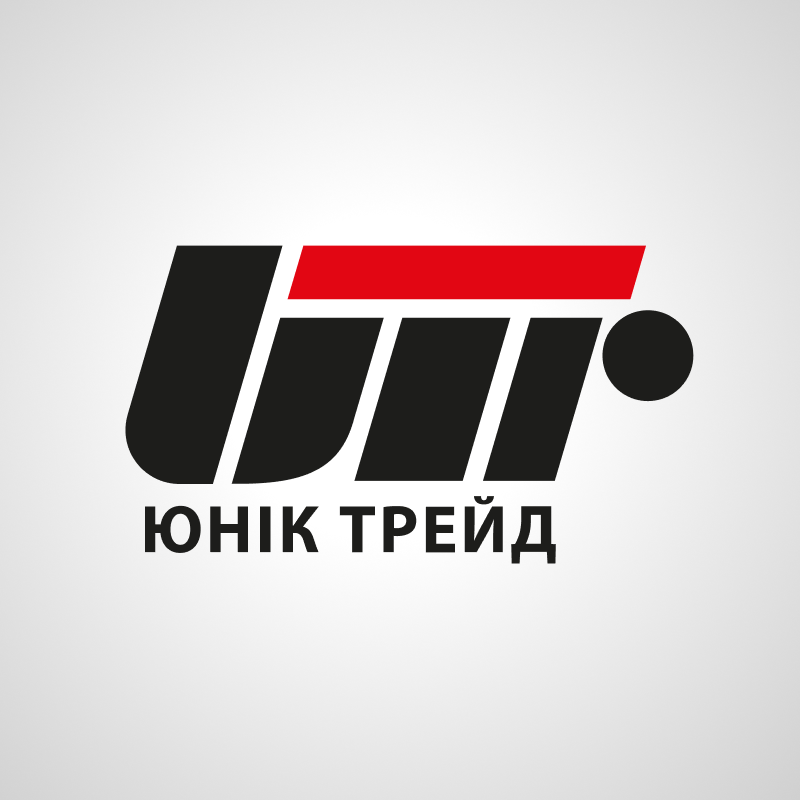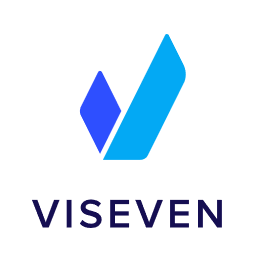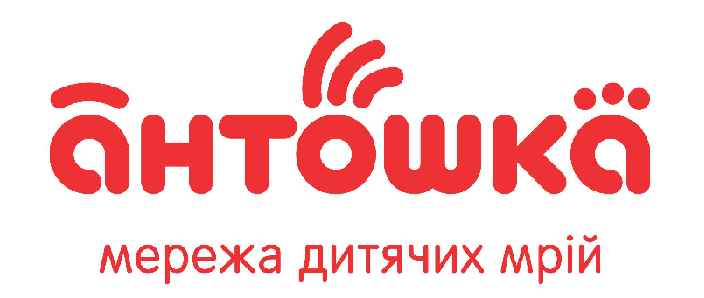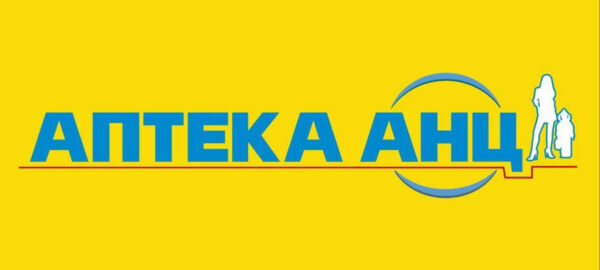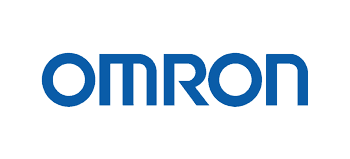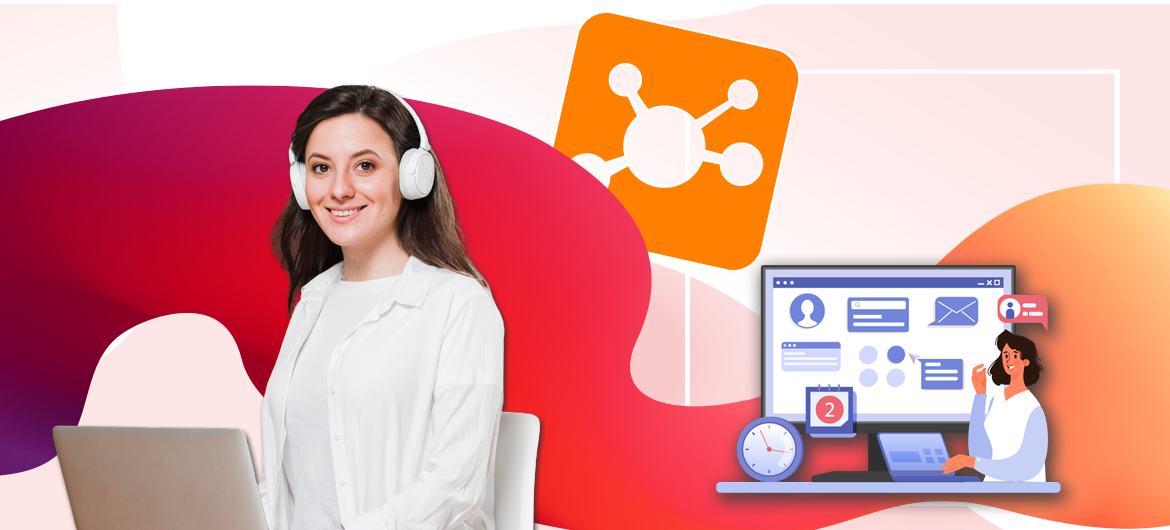
Matching LMS and administrator: behind the scenes of corporate learning
A symphony without a conductor, a spaceship without a pilot, a theater without a director…
In this metaphorical series, you can safely add a pair of LMS and an administrator.
Undoubtedly, LMS greatly simplifies the process of organizing training. Yes, the system can automate a lot of processes: from assigning tasks to evaluating results. But it is human involvement that helps to unlock the full potential of the system and achieve maximum efficiency.
The administrator is the key person who adapts the system to the needs of the company, solves non-standard situations, and constantly improves the learning process. It is thanks to the administrator and LMS team that the “magic” of effective training is created.
As LMS providers, we regularly communicate with system administrators and are constantly convinced of how important their role is for maximizing the learning experience. In this article, we’re going to take a look at the key functions of an LMS administrator and explain what makes their job so magical.
Who is an LMS administrator?
Administrator of LMS (Learning Management System) – is a specialist responsible for managing, maintaining, and customizing an e-learning system. Their role includes organizational tasks to ensure that the LMS is adapted to the needs of the company.
How does the administrator role complement the automated learning system?
An LMS is an automated learning system that significantly reduces the need for human involvement. Due to the high level of automation, only one qualified administrator is often enough to manage it effectively.
However, even such an automated system requires human expertise for strategic development:
- Flexible adaptation of the system to the needs of the company: An LMS automates many processes, but customizing it for individual business processes requires administrator intervention.
- Solving unforeseen situations: An LMS cannot solve unique technical problems or unusual user requests on its own.
- Creating and optimizing learning content: The LMS provides tools for creating content, but it is the administrator who ensures its quality, relevance, and relevance to the learning objectives.
- Evaluation and analysis of learning effectiveness: The LMS generates data, but the administrator draws conclusions based on it and adjusts the learning strategy.
- Feedback analysis: LMS provides functions for automatically collecting feedback from users and generating basic analytics. However, it is the administrator who is responsible for in-depth interpretation of this data, identifying trends, and making decisions.
Where an LMS cannot manage without an administrator?
 Like autopilot, LMS is also capable of automating many routine processes: user registration, task assignment, sending reminders, etc. However, it can’t work completely offline for a long period of time without administrator intervention.
Like autopilot, LMS is also capable of automating many routine processes: user registration, task assignment, sending reminders, etc. However, it can’t work completely offline for a long period of time without administrator intervention.
«Everything flows, everything changes.» Adapting to new conditions and implementing the necessary changes in the learning process is impossible without an administrator. They ensure that training materials are updated, the system is constantly evolving, and new tools are launched.
Also, don’t forget that users may encounter technical problems or questions about the training material. And here you can’t do without an administrator who will help solve these issues, reducing stress and obstacles to learning. This is an important factor that affects the success of learning in an LMS.
Tatiana Pogrebenyuk – Customer Support Manager LMS Collaborator, Team Lead
Main functions of the LMS administrator
1. Setting up the system
System customization is one of the main functions of an administrator, on which the effective operation of an eLearning platform depends. This function requires the administrator to understand business processes, the system, and the ability to think strategically.
The administrator adapts the appearance of the LMS to the corporate style of the company: customizes the color palette, places logos and other visual elements. This ensures brand recognition and creates a comfortable environment for employees to learn.
Another aspect of the administrator’s work is setting up a communication and notification system. They determine the optimal time and frequency of sending automatic reminders about course deadlines, set up notifications about the availability of new training materials, configure a reporting system for managers on training progress, and so on.
For example, in LMS Collaborator, this can be done quickly with the help of built-in tools that allow you to automate communication processes and create flexible notification templates.

It is important to understand that system customization is not a one-time task, but an ongoing process. The administrator constantly analyzes the effectiveness of the current settings, collects user feedback, and monitors changes in the company’s needs. Based on this information, he regularly makes the necessary adjustments, ensuring continuous improvement and relevance of the system.
2. Content management
The main task of an administrator in the context of content management is to fill the system with various learning resources. This includes uploading and organizing e-courses, learning paths, programs, video lectures, presentations, etc.
The administrator is responsible for structuring the learning content, creating a logical and intuitive organization of materials in the Course Catalog and Knowledge Base. They develop the category system, set up convenient navigation menus, and implement relevant search filters and tags.

An example of the LMS Collaborator Knowledge Base categorization
The administrator works closely with experts and developers of learning materials to ensure that the content is up-to-date. They regularly review and update the learning materials in accordance with changes in the industry, new technologies, or internal company processes.
3. Managing user access and rights
The administrator defines roles for users and sets up access levels to different parts of the system and training materials. They can restrict access to certain learning resources based on position or department, customize the visibility of certain interface elements for different roles, or set restrictions on uploading or editing materials. For example, learners have access to courses and materials assigned to them, teachers and authors have access to content creation and editing tools, and managers have access to progress reports for their subordinates, etc.
One of the administrator’s functions is also user moderation. The administrator is responsible for adding new employees to the system, deleting inactive accounts, and promptly updating access rights when employees move between departments or change their positions.
For easy administration, LMS Collaborator offers several options for adding users to the system. This can be done through manual import, uploading data using a CSV file, or automatic synchronization with other corporate systems via the API. In addition, the system supports importing accounts from corporate Active Directory or Azure Active Directory.
4. Monitoring and analytics
The administrator regularly reviews the statistics collected by the LMS. They track user progress, analyze learning outcomes, monitor attendance and task completion, etc. The administrator can also use built-in analytics tools to create comprehensive training reports for various stakeholders:
- For the company’s top management – reports on the overall effectiveness of training.
- For department managers – detailed reports on the progress of their subordinates.
- For content developers – analysis of the effectiveness of individual courses and materials.
For example, LMS Collaborator collects in-depth learning analytics and visualizes it in convenient graphs that administrators can download to Excel reports. This allows you to quickly gain insight into key metrics, making it easier to analyze and make decisions based on evidence.

An example of LMS Collaborator analytics
In addition, the administrator collects and analyzes feedback from users. This can include creating a survey after completing courses, analyzing comments and feedback, and monitoring forums in the LMS.
5. User support
User support is an integral part of the LMS administrator’s job, ensuring that all participants use the system comfortably and efficiently. This function covers a wide range of tasks: from helping users navigate the system to solving technical problems and ensuring the smooth operation of the platform.
The administrator answers questions, provides consultations on the use of various LMS functions, creates instructions and training materials for users. An important aspect of this work is to respond quickly to problems and requests that arise, thus ensuring the continuity of the learning process.
Conclusion
LMS and administrator are the perfect duo in the world of corporate training. Their synergy creates a powerful foundation for staff development and achieving the company’s business goals.
An LMS provides administrators with all the tools they need to implement the most daring ideas. It also automates routines, collects important data, and provides a stable learning platform.
The administrator, in turn, unlocks the potential of the LMS, optimizes learning content, analyzes learning effectiveness, and constantly improves the learning process.
Together, they create the real magic of effective learning.





